Filter by
Epigenetics and periconception environment
The European Cooperation in Science and Technology (COST) is the oldest and widest European intergovernmental network for cooperation in research. Established by the Ministerial Conference in November 1971, COST is presently used by more than 30.000 scientists of 35 European countries to cooperate in common research projects supported by national funds. The financial support for cooperation net…
- Edition
- -
- ISBN/ISSN
- 9788867055043
- Collation
- -
- Series Title
- -
- Call Number
- -

Dynamics of an elastic satellite with internal friction
In this thesis, we study the dynamics of an elastic body whose shape and position evolve due to the gravitational forces exerted by a point-like planet whose position is fixed in the space. The first result of the thesis is that, if any internal deformation of the body dissipates some energy, then the dynamics of the system has only three possible final behaviors: (i) the satellite is expelled …
- Edition
- -
- ISBN/ISSN
- 9788867050673
- Collation
- -
- Series Title
- -
- Call Number
- -
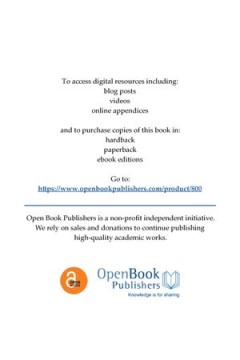
With and Without Galton
In 1865, British polymath Francis Galton published his initial thoughts about the scientific field that would become ‘eugenics.’ The same year, Russian physician Vasilii Florinskii addressed similar issues in a sizeable treatise, entitled Human Perfection and Degeneration. Initially unheralded, Florinskii’s book would go on to have a remarkable afterlife in twentieth- and twenty-first-cen…
- Edition
- -
- ISBN/ISSN
- 9781783745135
- Collation
- -
- Series Title
- -
- Call Number
- -
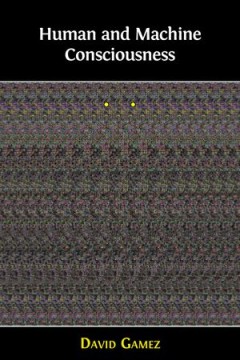
Human and Machine Consciousness
"Consciousness is widely perceived as one of the most fundamental, interesting and difficult problems of our time. However, we still know next to nothing about the relationship between consciousness and the brain and we can only speculate about the consciousness of animals and machines. Human and Machine Consciousness presents a new foundation for the scientific study of consciousness. It sets …
- Edition
- -
- ISBN/ISSN
- 9781783743001
- Collation
- -
- Series Title
- -
- Call Number
- -
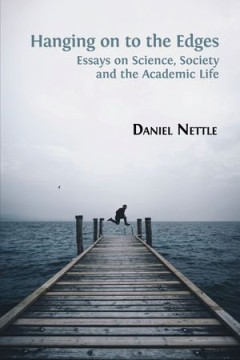
Hanging on to the Edges
What does it mean to be a scientist working today; specifically, a scientist whose subject matter is human life? Scientists often overstate their claim to certainty, sorting the world into categorical distinctions that obstruct rather than clarify its complexities. In this book Daniel Nettle urges the reader to unpick such distinctions—biological versus social sciences, mind versus body, and …
- Edition
- -
- ISBN/ISSN
- 9781783745821
- Collation
- -
- Series Title
- -
- Call Number
- -
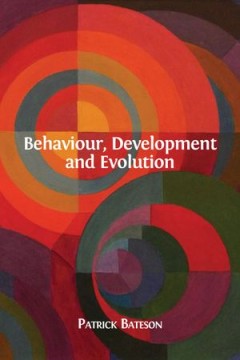
Behaviour, Development and Evolution
"The role of parents in shaping the characters of their children, the causes of violence and crime, and the roots of personal unhappiness are central to humanity. Like so many fundamental questions about human existence, these issues all relate to behavioural development. In this lucid and accessible book, eminent biologist Professor Sir Patrick Bateson suggests that the nature/nurture dichotom…
- Edition
- -
- ISBN/ISSN
- 9781783742509
- Collation
- -
- Series Title
- -
- Call Number
- -
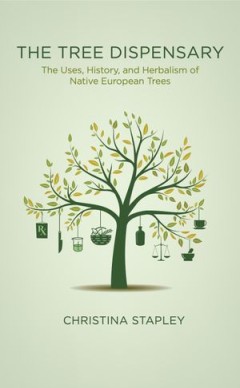
The Tree Dispensary Native Trees (Vol. 1)
The first volume of The Tree Dispensary featuring native trees seeks to give the reader an in-depth appreciation of familiar medicinal trees, presented through personal experience and the fruits of historical study.
- Edition
- -
- ISBN/ISSN
- 9781913504700
- Collation
- -
- Series Title
- -
- Call Number
- -
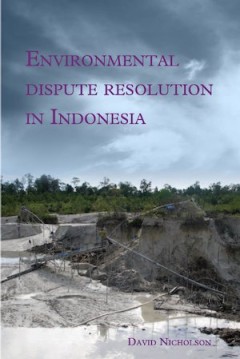
Environmental Dispute Resolution in Indonesia
In the last two decades, Indonesia has seen a dramatic proliferation of environmental disputes in a variety of sectors, triggered by intensified deforestation and large scale mining operations in the resource rich outer islands, together with rapid industrialisation in the densely populated inner island of Java. Whilst the emergence of environmental disputes has sometimes attracted political re…
- Edition
- -
- ISBN/ISSN
- 9789067183260
- Collation
- -
- Series Title
- -
- Call Number
- -
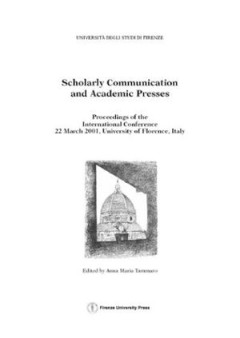
Scholarly Communication and Academic Presses
The objective of the meeting was to identify concrete ways for implementing proposals to foster the international scientific co-operation of universities and academic societies. Against the background of an assumed tendency towards knowledge monopolies, caused by the protection of intellectual property rights by a few publishers, the experts in the Conference discussed the potential of these ac…
- Edition
- -
- ISBN/ISSN
- 9788855189774
- Collation
- -
- Series Title
- -
- Call Number
- -
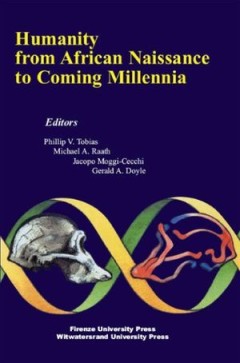
Humanity from African Naissance to Coming Millennia
Humanity From African Naissance to Coming Millennia arises out of the world's first Dual Congress that was held at Sun City (South Africa) in 1998 that refers to a conjoint, integrated meeting of two international scientific associations, the International Association for the Study of Human Palaeontology - IV Congress - and the International Association of Human Biologists. The volume includes …
- Edition
- -
- ISBN/ISSN
- 9788855189750
- Collation
- -
- Series Title
- -
- Call Number
- -
 Computer Science, Information & General Works
Computer Science, Information & General Works  Philosophy & Psychology
Philosophy & Psychology  Religion
Religion  Social Sciences
Social Sciences  Language
Language  Pure Science
Pure Science  Applied Sciences
Applied Sciences  Art & Recreation
Art & Recreation  Literature
Literature  History & Geography
History & Geography